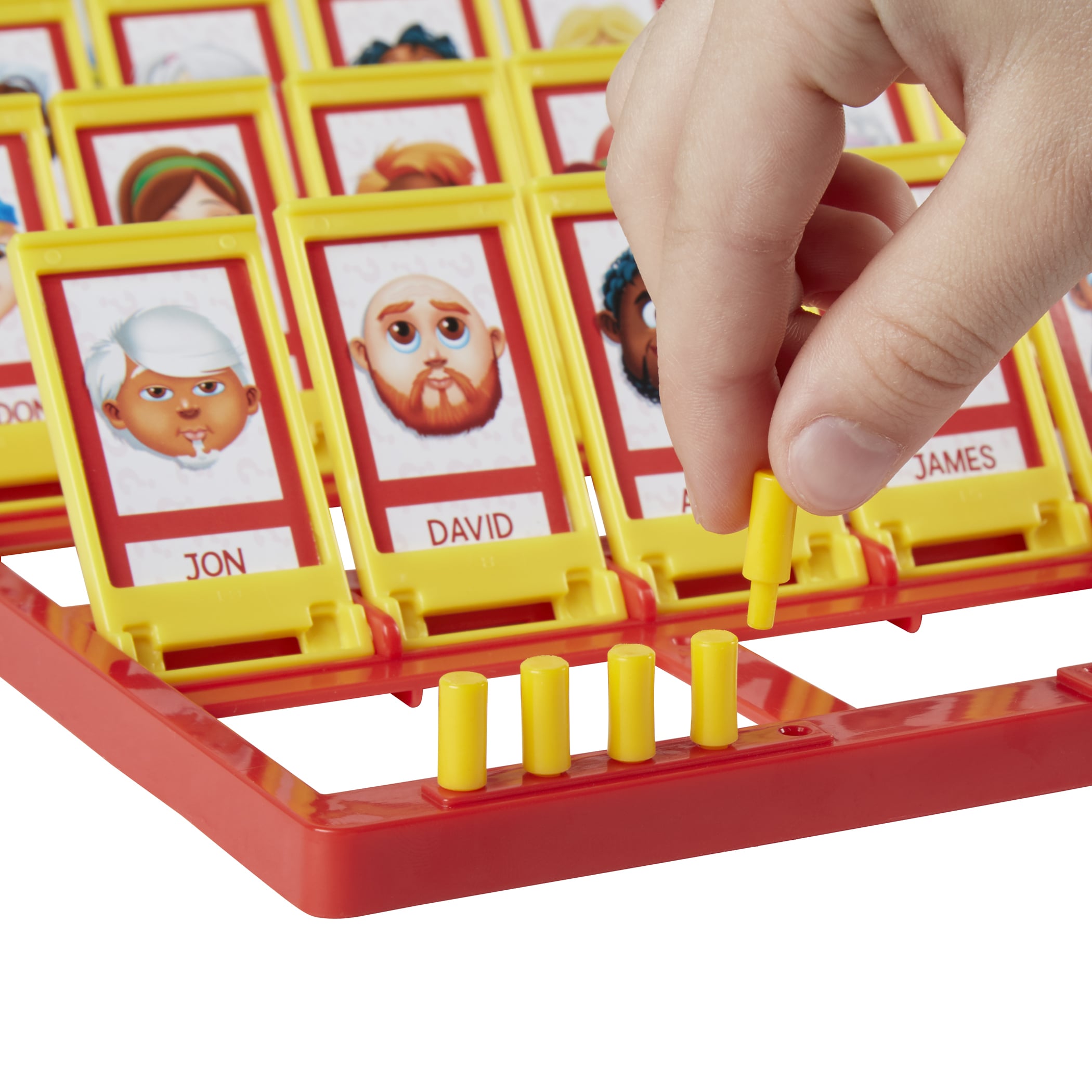A few months ago, deep in pandemic isolation, you pointed to the Abraham Lincoln salt and pepper shakers our family made sure remind us of Illinois and asked who that guy was. That was the first time you really heard about a president.
I was happy, in these times, Lincoln was the first one you would learn about. Imperfect, certainly, but more often than not, a man to listen to his better angels. The conversation turned to where Lincoln lives now. I explained his death. I told you the name John Wilkes Booth and you both had huge eyes.
For what seemed like an hour, you took turns asking some version of, “But why would he do that?”
“He was angry,” was insufficient to such an act of violence against someone you were understanding was a good human.
I knew, once you knew Lincoln was gone, the question was coming.
“Do we have a president now?”
“Yes.”
“Who is he?”
I told you his name.
Since I knew we would become a family during his presidency, I’ve been bracing for the questions, planning how I would respond. Telling you what to think is not in my DNA, but presenting any piece of these last five years as anything akin to a neutral narrative would be lying. And, we don’t lie.
So, I waited for the tough questions. You only had one.
After I told you his name, one of you looked at me and asked, “Is he kind?”
I felt a surge of relief and sorrow. I knew the answer, and I did not want you to know it.
“No,” I said, “He is not kind.”
You had many follow-up questions. Instances where you wanted to know if he’d chosen kindness. For each, I could honestly tell you no.
“Does he have kids?” you finally asked.
“He does,” I said.
“Is he kind to his kids?”
“I don’t think so, no.”
I can see both of you staring at me. Brown eyes as wide as I’d ever seen them. Taking it all in.
After a pause, “But if he is not kind, why did people vote for him to be president?”
I still don’t know how to answer that question in a way you would accept. That people might pick someone unkind to do a job as important as you were beginning to understand the presidency to be was inconceivable.
Neither of you needed the world to be any more fragile or unpredictable. When one of you became obsessed with the election as it drew near, I knew it was because you needed a wrong to be righted. You didn’t need a unkind adult in power over you. You started having trouble sleeping. It broke my heart the day after the election not to ease your mind. I felt myself willing the count in Pennsylvania more for what you needed to be true than for what we needed as a country.
Your cheers in the car after I told you it was decided…
So, today, when I collected you from school, I did not tell you what happened. I could not make your world seem anymore unsteady than it already has been. I could not tell you. I will not hasten your understanding of the ugliness in this world.
Instead, we talked about kindness. As I always do, when I tucked you both in, I asked how you were smart, how you were brave, and how you were kind in your day. Then, as I always do, I asked what you would do to make tomorrow a little bit better.
Not telling you about today was not turning a blind eye to the world. It was a decision not to let the ugliness of that world dictate how we think about our own ability to create beauty.
We will continue to talk about the content of character, love being love, and what to do when faced with those who would tell you color and orthodoxy matter more. I will challenge your proclivities to like things because others like them. I will do my best to respectfully reply to your questions each time you challenge my authority. I will work to model what it looks like to stand up to bullies, cruelty, and liars.
I didn’t tell you what happened today because there will undoubtedly be more days like today, and I want to use the time we have now to help you be prepared to face them in ways that are smart, brave, and kind.
Like this:
Like Loading...


